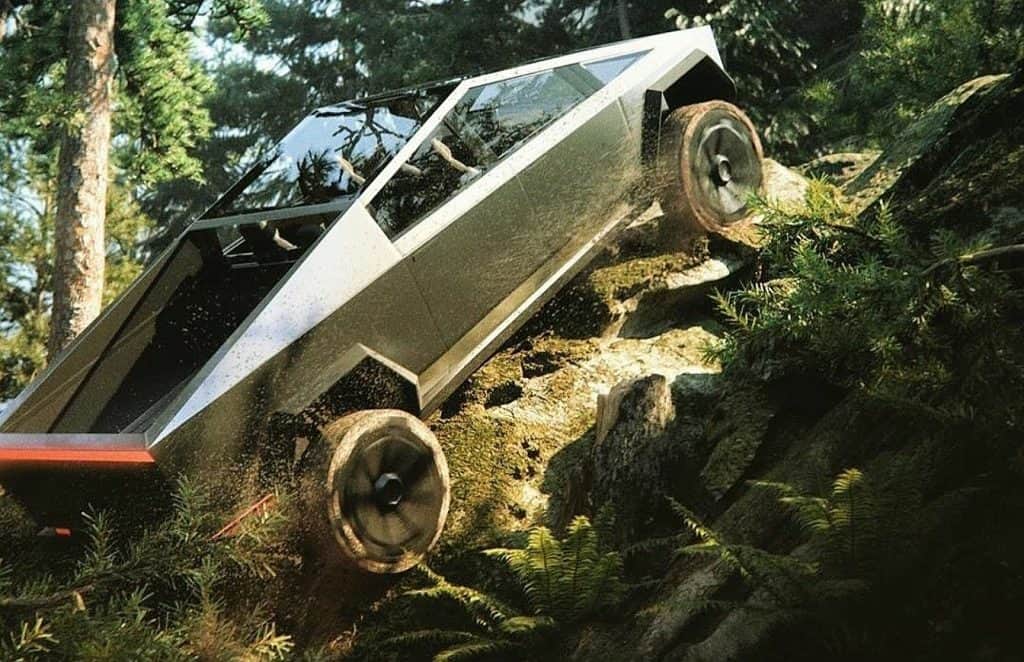NVIDIA CEO Says Tesla Far Ahead In Self Driving Car Technology
Auto, Aviation & Transportation

Nvidia CEO Jensen Huang has lauded Tesla’s (TSLA) full self-driving (FSD) system as the most advanced in the market. Notably, Nvidia’s chips power Tesla’s FSD.
“Tesla is leading the way in self-driving cars,” Huang stated in an exclusive interview with Yahoo Finance.
Huang elaborated on the groundbreaking nature of Tesla’s FSD version 12, calling it an end-to-end generative model.
“It learns from observing surround video footage and comprehends how to drive from start to finish. Using generative AI, it predicts pathways and navigates the car. The technology is revolutionary, and Tesla’s work is remarkable.”
Currently, Tesla’s FSD version 12 is in beta and was introduced in 30-day free trials to new owners earlier this year. The FSD service costs $99 monthly or $8,000 upfront. By April, Tesla reported that FSD had accumulated over 1.3 billion miles since its debut in March 2021.
Despite its advancements, FSD remains a Level 2 autonomous system. Thus, requiring driver supervision, and has faced recalls and government scrutiny regarding its capabilities.
In the first quarter, Nvidia’s automotive revenue was $329 million. Moreover, a small portion compared to the $22.6 billion from its data center business, but it marked a 17% sequential increase and an 11% year-over-year rise.
Nvidia CFO Colette Kress mentioned during an earnings call that automotive could become the largest enterprise vertical within their Data Center segment this year, potentially evolving into a multibillion-dollar business.
The majority of Nvidia’s Data Center revenue, which reached $22.6 billion in the first quarter, came from consumer internet customers. Cloud providers like Amazon (AMZN), Alphabet (GOOG, GOOGL). And Microsoft (MSFT) accounted for around 40% of this segment’s revenue.
Huang also expressed his belief that eventually “every single car” will possess some level of autonomous capability, a development necessitating immense computing power.
“This technology is akin to large language models but demands a vast training facility due to the high data rate and volume of video,” Huang said, referencing Tesla’s FSD system. To enhance Tesla’s data processing capacity, Nvidia assisted in expanding its FSD training AI cluster to 35,000 Nvidia Hopper H100 GPUs.
Besides Tesla, Nvidia’s automotive clients include Mercedes, Jaguar Land Rover, Volvo, Hyundai, and Chinese EV companies like BYD (BYD) and NIO (NIO).
Wall Street remains optimistic about Nvidia’s automotive sector. JPMorgan analysts recently raised their Nvidia price target to $1,150 from $850, projecting a 20-30% annual growth rate in the data center business, with an additional potential $14 billion in automotive revenue over the next three to four years.
